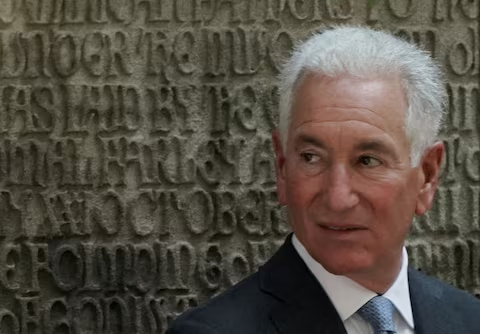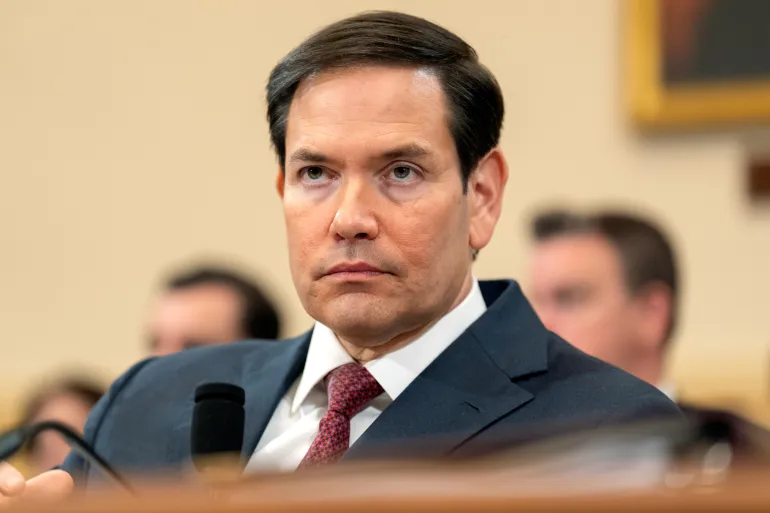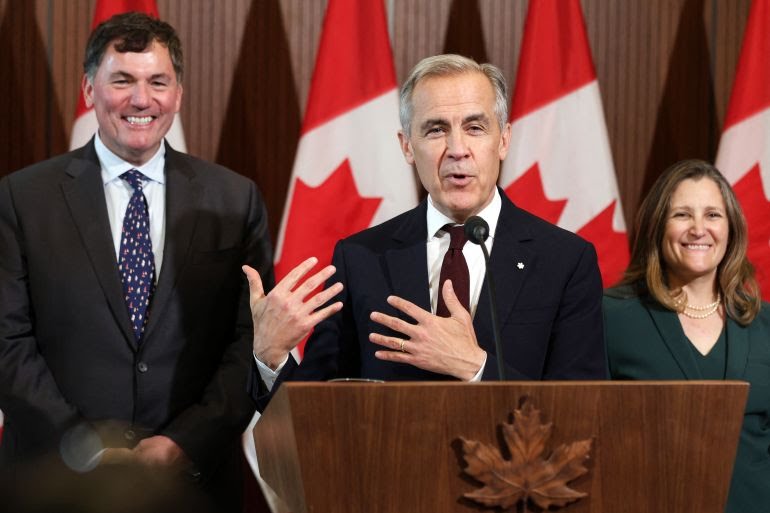The U.S. Senate has confirmed Jared Kushner, the son-in-law of President Donald Trump and a former senior White House adviser, as the next U.S. ambassador to France. The vote, held late Monday, passed largely along party lines, 54-46, making Kushner one of the most high-profile diplomatic appointments of Trump’s second term.
Kushner, who is married to Trump’s daughter Ivanka and played a central role in the Trump administration’s Middle East peace initiatives and COVID-19 response, will now take on a prominent role in managing U.S.-France relations at a time of growing geopolitical and trade tensions between Washington and the European Union.
“Jared Kushner has demonstrated the intellect, discipline, and strategic thinking necessary for this critical role,” said Senate Foreign Relations Committee Chairman Jim Risch (R-ID), defending the nomination. “France is one of our oldest allies, and it is essential we send someone who has the president’s full confidence.”
Democrats, however, criticized the appointment as nepotistic and lacking in diplomatic experience. Several senators questioned Kushner’s qualifications, noting his business ties, previous security clearance issues, and close family relationship with the president.
“America’s diplomatic posts should not be handed out as favors to relatives,” said Senator Chris Murphy (D-CT). “France deserves a seasoned diplomat, not someone who has never served a day in the Foreign Service.”
Still, a handful of moderate Democrats voted in favor, citing a desire to maintain bipartisan cooperation on foreign policy and to avoid further delays in staffing key embassies. France, a major NATO ally and permanent member of the UN Security Council, has not had a confirmed U.S. ambassador for several months.
In brief remarks following the vote, Kushner expressed gratitude for the confirmation and pledged to uphold the strong historic alliance between the U.S. and France. “I am honored to serve our country and to strengthen the transatlantic partnership that has stood the test of time,” he said.
Kushner’s appointment comes as the Trump administration seeks to reset ties with European allies, some of whom have voiced frustration over the U.S.’s increasingly unilateral approach to global affairs. Key issues expected to dominate his tenure include NATO coordination, trade disputes, Iran policy, and cooperation on climate and technology.
His confirmation also reignites scrutiny of Trump’s broader diplomatic strategy, which has often favored loyalists and family members over career diplomats. Critics argue this trend undermines the credibility of U.S. foreign policy and marginalizes the State Department’s expertise.
Despite the controversy, Kushner’s defenders point to his behind-the-scenes influence during Trump’s first term, particularly in securing normalization deals between Israel and Arab states—efforts that earned him a Nobel Peace Prize nomination and praise from regional leaders.
White House officials praised the Senate’s decision and emphasized Kushner’s “unique ability to engage at the highest levels,” citing his strong relationships with international figures and prior diplomatic efforts.
Kushner is expected to arrive in Paris later this month, where he will formally present his credentials to French President Emmanuel Macron. His confirmation fills one of several key diplomatic posts still pending under the Trump administration’s second term, as it continues to overhaul U.S. foreign policy toward a more nationalist and transactional approach.
Source: Reuters



